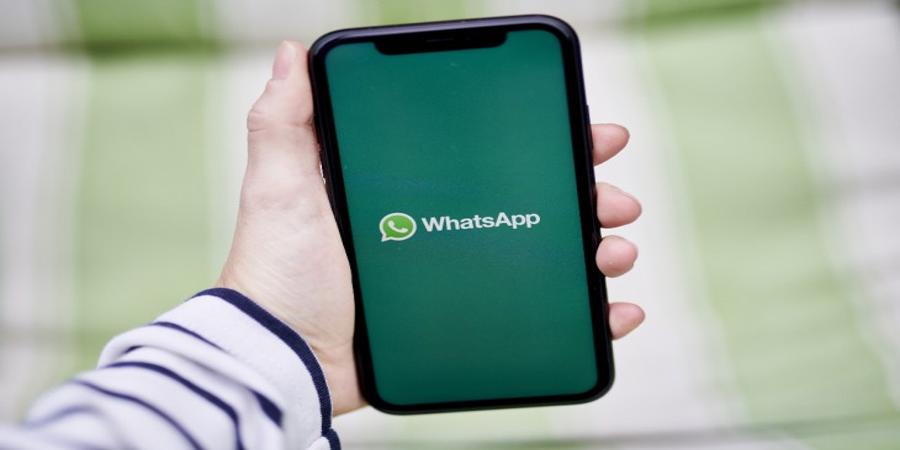WhatsApp is introducing support for passkeys on Android, the Meta-owned messaging service has announced. With this change, users will no longer have to deal with SMS two-factor authentication as they can instead use their face, fingerprint or PIN to unlock their account.
After initially testing passkey support in beta, WhatsApp is now starting to roll it out to all Android users. The company told TechCrunch in an email that the support will roll out over the next few weeks and months. WhatsApp did not share any details about an iOS launch.
“Passkey verification will make logging back into WhatsApp easier and more secure,” said Head of Product at WhatsApp Alice Newton-Rex in a statement. “We’re excited to launch this on WhatsApp and give users an added layer of security.”
By enabling passkey logins, you make it harder for bad actors to remotely access your accounts, since they would also need physical access to your phone. Passkeys are a relatively new technology that remove the need to rely on username and password combinations, which can be susceptible to phishing and other issues.
Although not a lot of companies have embraced the technology just yet, the list of those who have is growing. For instance, TikTok launched passkey support on iOS in July, while PayPal rolled out passkey support for iOS in October 2022. Last week, Google made passkeys the default sign-in method for all users after rolling out support for passkeys for Google accounts globally back in May. In addition, Amazon quietly rolled out support for passkeys today, but as TechCrunch reporter Carly Page notes, there’s a catch.
WhatsApp’s announcement comes as the platform has been introducing several new features over the past few months. Most recently, the company launched “Flows” to boost its shopping experience by letting users do things like pick a seat on a flight or book an appointment without leaving the app. Last month, WhatsApp launched its broadcast Channels feature globally, and also rolled out its new native app for Mac.
Source @TechCrunch



